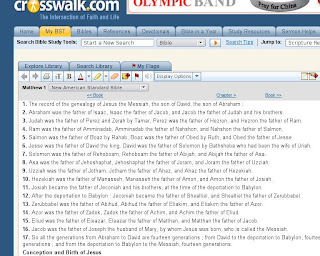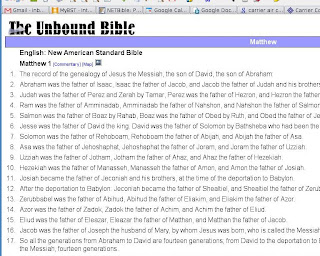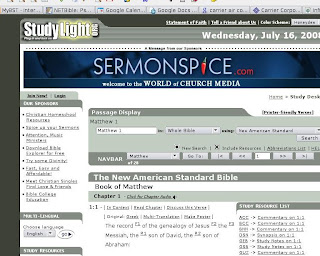Believe it or not, the charge got part of it right.
It is true that we have not (yet) uncovered any of the original documents penned by Paul, James, Peter, Matthew, John, and so on. It is also true that what we do have are copies and copies of copies. It is also true that in the process of copying, changes have been introduced. It's not that hard to demonstrate that some copyists did not do a perfect job. Some find that fact unnerving; others claim that this undermines the reliability of our Bibles.
So how can we rely on the Bible at all?
Here are the facts:
- We have over 5000 ancient copies and fragments of the Bible. This is orders of magnitudes more copies than any other ancient document (which we also consider to be accurate to the originals). Just a few copies are enough to demonstrate authenticity, but we have an embarrassing wealth of manuscript evidence for the Bible.
- The copies we have are much closer in age to the originals than other ancient documents. The earliest copies we have are just a generation or two removed from the original, whereas for most other important ancient documents, the copies we possess are hundreds of years removed from the originals.
- We also have a wealth of ancient Christian writings that allude to or even quote the early copies of the Bible. This means that we have early, separate testimony to the content of the original texts.
- We have early copies in a few different languages. Through backward translation, we get yet another angle on the content of the early manuscripts.
- These copies and fragments can be collected into "families." This means that we can group most texts into categories that help us trace back the history of copying the texts (a process called "transmission").
- Variations ("variants") do exist. When comparing copies and families, there are some differences.
- The differences are minor. Almost all of the differences are so minor as to cause no concern whatsoever. For example, one copy may say "the Lord Jesus Christ" where another copy may say "Jesus Christ our Lord." The differences do not affect the meaning at all, or in a very insignificant way. Another example is "our Lord" compared to "your Lord" (just one letter different in Greek as well as in English). They mean slightly different things, but both options are true, and in context, the difference doesn't change the meaning of the sentence.
- No major doctrine is in question. For those differences that are a little more significant, we still have zero doctrinal issues in question. In other words, the variants don't threaten to undermine any important plank of our belief system.
- The variants are well-documented. No one is trying to hide anything! All the known variants are documented, including which manuscripts contain which variant. All the data is there for everyone who wants to examine.
- There are methods and procedures for determining which variant is most likely original. There are several different considerations that scholars use to make educated conclusions on which variant is most likely to be correct. Scholars often also have a "confidence" rating for their choices, and give reasons why their confidence is high or low on a particular choice.
- The criteria for choosing are not theological, but linguistic. Scholars don't prefer variants just because they favor a particular view. They look at things like context, how the author uses similar phrases in other locations, what explanation best explains how all the variants for a word could have arisen, and other literary markers. The only theological considerations would be comparing a word to the theological points that the same author makes elsewhere, but that's only one of many factors considered.
- Using purely linguistic criteria, scholars conclude that we have more than 99% of the original texts reproduced. As you can see, the impact of the variants is on less than 1% of the texts, and in a majority of those cases, the difference in meaning is negligible or non-existent.
- We have every reason to believe that we have 100% in hand. The preponderance of evidence suggests that somewhere in all our copies, we possess 100% of the originals. The only question is which variant is original in a given case - the question is not whether or not we have a copy of the original.
- For every verse, we know where the variants are. The importance of this is that when we study a particular word or verse, we don't have to wonder whether or not this word is reliable. If there are no variants, we're set. If there is, then we can turn to the scholars to see their reasons for choosing one variant over another, and then see what the other possibilities are. I've yet to see any case where any of the options would affect what I believe or the theology I hold.
So, the critics got part of the facts right, but not all the facts, and therefore they drew the wrong conclusions. The right conclusions are that we can in fact rely on our Bibles that we have today. We do not possess copies of copies that are irretrievably changed from the originals - we have gotten extremely close to the exact originals. On any given word in the Bible, we know if a variant exists and what the possible options are. No doctrine is at risk. We have bankable copies of God's Word!
We need not be afraid of any accusation leveled against God's Word. Rather than pretend like variations don't exist, we just simply need to learn more facts. More truth always leads us to more reliability of God's Word.











